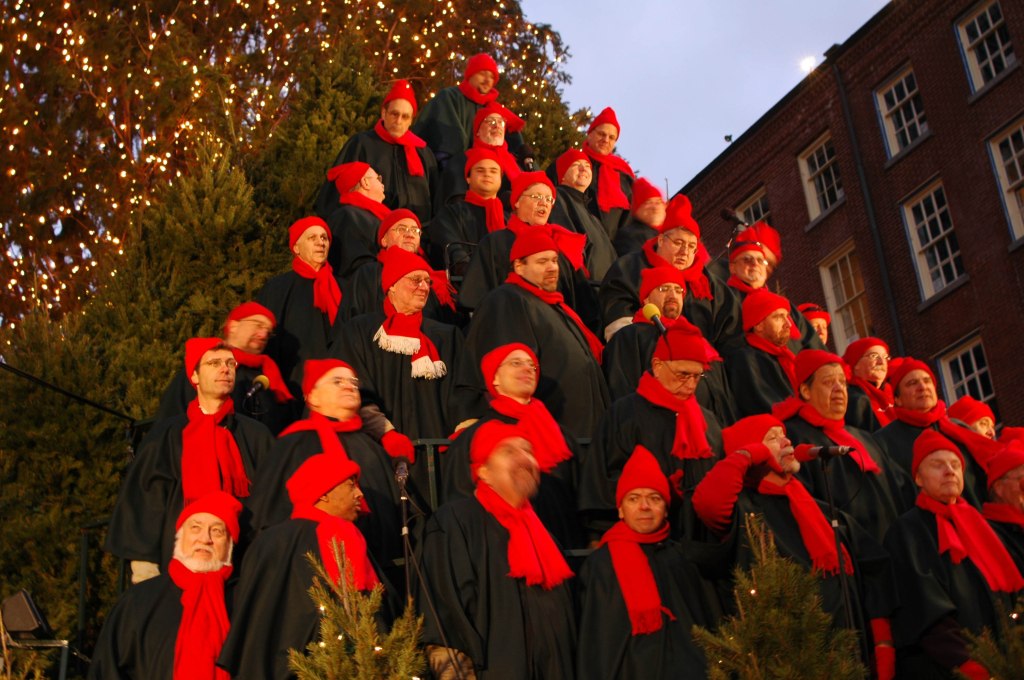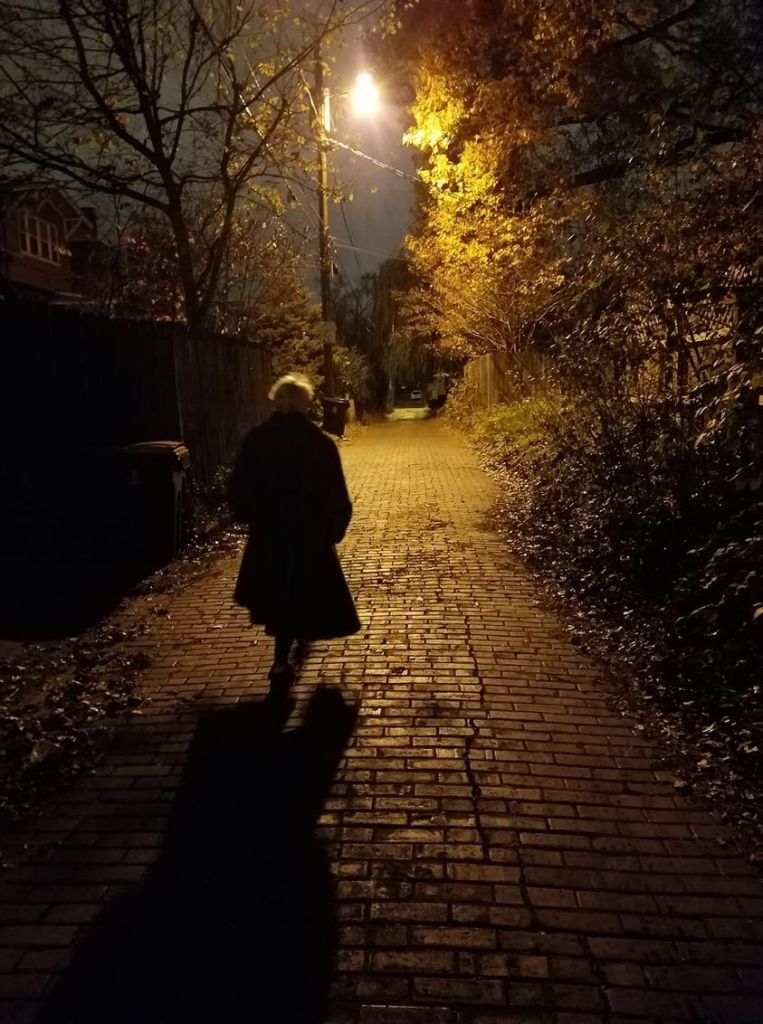Lexicon for Anarchists
We live in the postmodern era and as Bob Dylan once said, a political world. As I look around, I observe that there seems to be a whole new vocabulary that has sprung up around events and the way we are. I thought it would be useful if we could define our terms for a better understanding of our Brave New World. First of all, what is postmodernism?
The Oxford Languages Dictionary defines postmodernism as a late-20th-century style and concept in the arts, architecture, and criticism that represents a departure from modernism and has at its heart a general distrust of grand theories and ideologies as well as a problematical relationship with any notion of “art.”
Britannica goes on to say: “Postmodernism, in western philosophy, is a late 20th-century movement characterized by broad skepticism, subjectivism, or relativism; a general suspicion of reason; and an acute sensitivity to the role of ideology in asserting and maintaining political and economic power.”
In the 1980s and ’90s, academic advocates on behalf of various ethnic, cultural, racial, and religious groups embraced postmodern critique of contemporary Western society, and postmodernism became the unofficial philosophy of the new movement of “Identity politics.”
“Identity politics,” also commonly referred to as the politics of identity or identity-based politics, is a phrase that is widely used in the social sciences and humanities to describe the deployment of the category of identity as a tool to frame political claims, promote political ideologies, or stimulate and orientate social and political action, usually in a larger context of inequality or injustice and with the aim of asserting group distinctiveness and belonging and gaining power and recognition. Additionally, identity politics refers to tensions and struggles over the right to map and define the contours and fixed “essence” of specific groups. The phrase has become increasingly common in political anthropology since the second half of the 20th century with the emergence of a wide diversity of social movements, including the women’s movement, the African American civil rights movement, and the gay and lesbian movement, as well as nationalist and postcolonial movements. Central to the practice of identity politics are the notions of sameness and difference, and thus the anthropological study of identity politics involves the study of the politics of difference (Oxford Bibliographies).
The Oxford Dictionary defines Identity politics as political positions that are based on the social groups that people see themselves as belonging to, for example based on religion, race or social background, rather than on traditional political parties.
The Merriam-Webster dictionary defines Identity politics as politics in which groups of people having a particular racial, religious, ethnic, social, or cultural identity tend to promote their own specific interests or concerns without regard to the interests or concerns of any larger political group. This last definition seems to be the clearest and on the mark for purposes of this discussion. The key point I think is that these groups promote their own interests without regard to the interests of others and seek power for themselves.
Multiculturalism is closely associated with identity politics or political and social movements that have group identity as the basis of their formation and the focus of their political action. Multiculturalism is the view that cultures, races, and ethnicities, particularly those of minority groups, deserve special acknowledgment of their differences within a dominant political culture (Britannica).
Intersectionality is the interconnected nature of social categorizations such as race, class, and gender as they apply to a given individual or group, regarded as creating overlapping and interdependent systems of discrimination or disadvantage (Oxford Languages).
Merriam-Webster defines intersectionality as the complex, cumulative way in which the effects of multiple forms of discrimination (such as racism, sexism, and classism) combine, overlap, or intersect, especially in the experiences of marginalized individuals or groups. As an example, a black woman may face discrimination on the basis of sex and color.
Political Correctness is the avoidance, often considered as taken to extremes, of forms of expression or action that are perceived to exclude, marginalize, or insult groups of people who are socially disadvantaged or discriminated against (Oxford Languages).
According to Dictionary.com, Cancel culture refers to the popular practice of withdrawing support (canceling) for public figures and companies after they have done or said something considered objectionable or offensive. It’s generally discussed as being performed on social media in the form of group shaming.
The Urban Dictionary defines canceling as “to dismiss something or somebody” and “to reject an individual or idea.” And when people use the term unironically, it reveals a big problem with our culture. Cancel culture as it currently exists doesn’t give people a chance to learn from or apologize for their wrongdoings.
Critical theory is a Marxist-inspired movement in social and political philosophy associated with the work of the Frankfurt School and based on the thought of Karl Marx and Sigmund Freud. Critical theorists maintain that a primary goal of philosophy is to understand and to help overcome the social structures through which people are dominated and oppressed. Believing that science, like other forms of knowledge, has been used as an instrument of oppression, they caution against a blind faith in scientific progress, arguing that scientific knowledge must not be pursued as an end in itself without reference to the goal of human emancipation. Since the 1970s, critical theory has been immensely influential in the study of history, law, literature, and the social sciences (Britannica). The central argument of critical theory is that all knowledge, even the most scientific or “commonsensical,” is historical and broadly political in nature. Critical theorists argue that knowledge is shaped by human interests of different kinds, rather than standing “objectively” independent from these interests. According to the Frankfurt theorists, a “critical” theory may be distinguished from a “traditional” theory according to a specific practical purpose: a theory is critical to the extent that it seeks human “emancipation from slavery”, acts as a “liberating influence”, and works “to create a world which satisfies the needs and powers” of human beings (Stanford Encyclopedia of Philosophy).
Critical race theory is the view that the law and legal institutions are inherently racist and that race itself, instead of being biologically grounded and natural, is a socially constructed concept that is used by white people to further their economic and political interests at the expense of people of color. According to critical race theory, racial inequality emerges from the social, economic, and legal differences that white people create between “races” to maintain elite white interests in labor markets and politics, giving rise to poverty and criminality in many minority communities. The critical race theory movement officially organized itself in 1989, at the first annual Workshop on Critical Race Theory, though its intellectual origins go back much further, to the 1960s and ’70s (Britannica).
Liberal: Favorable to progress or reform, as in political or religious affairs. Noting or pertaining to a political party advocating measures of progressive political reform. Of, pertaining to, based on, or advocating liberalism the freedom of the individual and governmental guarantees of individual rights and liberties. Favorable to concepts of the maximum individual freedom possible, especially as guaranteed by law and secured by governmental protection of civil liberties. Favoring or permitting freedom of action, especially with respect to matters of personal belief or expression: a liberal policy toward dissident artists and writers. Of or relating to representational forms of government; free from prejudice or bigotry; tolerant: a liberal attitude toward foreigners. Open-minded or tolerant, especially free of or not bound by traditional or conventional ideas or values (Dictionary.com).
Liberalism is a political and moral philosophy based on liberty, consent of the governed and equality before the law. … Liberals also ended mercantilist policies, royal monopolies and other barriers to trade, instead promoting free trade and free markets.
Classical liberalism is a political ideology and a branch of liberalism that advocates civil liberties under the rule of law with an emphasis on economic freedom (Wikipedia).
Looking back in history the ambitions of national rulers and the requirements of expanding industry and commerce led gradually to the adoption of economic policies based on mercantilism, a school of thought that advocated government intervention in a country’s economy to increase state wealth and power. However, as such intervention increasingly served established interests and inhibited enterprise, it was challenged by members of the newly emerging middle class. This challenge was a significant factor in the great revolutions that rocked England and France in the 17th and 18th centuries, most notably the English Civil wars (1642–51), the Glorious Revolution (1688), the American Revolution (1775–83), and the French Revolution (1789). Classical liberalism is a result of those great collisions (Britannica).
Not surprisingly, illiberal is pretty much the opposite of liberal: Opposed to liberal principles; restricting freedom of thought or behavior.
Neoliberalism, is an ideology that emphasizes the free market, it is most commonly associated with laissez-faire economics. Neoliberals believes sustained economic growth is the means to achieve human progress, and believe confidence in free markets is the most-efficient allocation of resources. Neoliberalism places emphasis on minimal state intervention in economic and social affairs, and its commitment to the freedom of trade and capital. By the 1970s economic stagnation and increasing public debt prompted some economists to advocate a return to classical liberalism, which in its revived form came to be known as neoliberalism (Britannica).
Woke: alert to injustice in society, especially racism. Woke is a slang term that is easing into the mainstream from African American Vernacular English. In AAVE, awake is often rendered as woke, as in, “I was sleeping, but now I’m woke.”
White privilege isdefined by Oxford Languages Dictionary asinherent advantages possessed by a white person on the basis of their race in a society characterized by racial inequality and injustice.White privilege is described in Peggy McIntosh’s 1988 essay, “White Privilege: Unpacking the Invisible Knapsack.” The essay helps readers recognize white privilege by making its effects personal and tangible. For many, white privilege was an invisible force that white people needed to recognize. It was being able to walk into a store and find that the main displays of shampoo and panty hose were catered toward your hair type and skin tone. It was being able to turn on the television and see people of your race widely represented. It was being able to move through life without being racially profiled or unfairly stereotyped.
Racism is defined by Matthew Clair and Jeffrey S. Denis as “individual- and group-level processes and structures that are implicated in the reproduction of racial inequality.” Systemic racism happens when these structures or processes are carried out by groups with power, such as governments, businesses or schools.
Safe space is a place (as on a college campus) that is intended to be free of bias, conflict, criticism, or potentially threatening actions, ideas, or conversations.
Victimization/victimhood/ Culture of victimhood
Certain social conditions have led to large-scale moral changes in the culture such as the emergence of a victimhood culture that is distinct from the honor cultures and dignity cultures of the past. Sociologists Bradley Campbell and Jason Manning have produced the first systematic theoretical analysis of the moral culture of “victimhood” emerging on university campuses. Central to their investigation is the claim that moral cultures tend to take one of three forms: honor cultures, dignity cultures and victim cultures.
Honor cultures emerge when a centralized state authority is not present or not legitimate and when people are extremely materially vulnerable. Under these conditions, individuals will take offense very easily, grow quickly fearful, and engage in higher rates of defensive, preemptive aggression as well as vigilante justice, in order to settle their disputes. This preemptive aggression can develop into bloody feuds enveloping whole families, gangs, or lineages. Physical bravery, deferential respect to the powerful, and an unwillingness to appear weak and vulnerable become the overriding values.
Campbell and Manning suggest that slowly over the last 500 years, state authority (police, courts and jails) has come to supplant vigilante justice as a powerful and reasonably fair system of adjudicating disputes regardless of their severity. Over the last 500 years societies have not only become more reliant on state authority to resolve disputes, but also materially wealthier due to machine technology and market economies, relatively more equitable in terms of the distribution of resources, power and prestige, as well as more diverse due to the formal legal rights and benefits extended to women and minorities.
In a dignity culture, a more modern form of society, individuals resort to legal authority when disputes and wrongdoings are sufficiently severe, but for minor offenses they make an effort to resolve the dispute privately in a nonviolent manner. All citizens are assumed to have a sense of dignity and self-restraint, and everyone is expected to, at least at first, give the benefit of the doubt to a disputant to see if a conflict can be resolved peacefully. However, Campbell and Manning contend that when state authority begins to exert monopolizing control over a population of increasingly diverse, legally “equal” people, a victim culture may emerge.
Victim cultures share a sensitivity to slights or insults with honor cultures. While those in an honor culture might try to retaliate (physically or otherwise), individuals in a victim culture instead appeal to a powerful, omnipresent state/legal authority. Classic examples are Mao’s China and Stalin’s Russia. In contrast to honor cultures that expect victims to be strong and stern enough to defend themselves, and dignity cultures that expect victims to be calm and charitable when in a dispute or disagreement, victim cultures emphasize how complainants are emotionally or physically fragile, vulnerable, and weak. In order to have high status in a victim culture, one must perfect and dramatize a personal “narrative of suffering.” Proclaiming one’s own weakness, frailty, and suffering might seem dishonorable or shameful from an honor culture perspective, or gratuitous and self-absorbed from a dignity culture perspective.
Campbell and Manning find such a victim culture emerging again in Western society, particularly on university campuses and especially in elite ivy-league schools. Institutions like these contain all of the components necessary for a victim culture to arise: (1) campuses tend to be racially/ethnically diverse, (2) an ethic of equal treatment under a shared identity (student) is emphasized, (3) students tend to come from relatively comfortable middle-class backgrounds, and (4) universities are largely run by powerful administrative bureaucracies given to extending their authority (in Title IX offices, student conduct offices, or multicultural/diversity offices). Let me be clear, this emergence of a victim culture is primarily to be found on college campuses and as stated above, especially league schools, but it is my belief that it is spreading into the general culture as well.
What shall we do with all this information? Now we ae equipped to discuss some of the ills of society. We can see both sides of the issues and we can make better arguments for and against.
What will you say the next time someone says to you Black Lives matter? Will you say, all lives matter, or will you make an argument for the movement?
Is Identity Politics tearing society apart? Why or why not?
I am interested to know what your ideas are.
Let the discussion begin!












